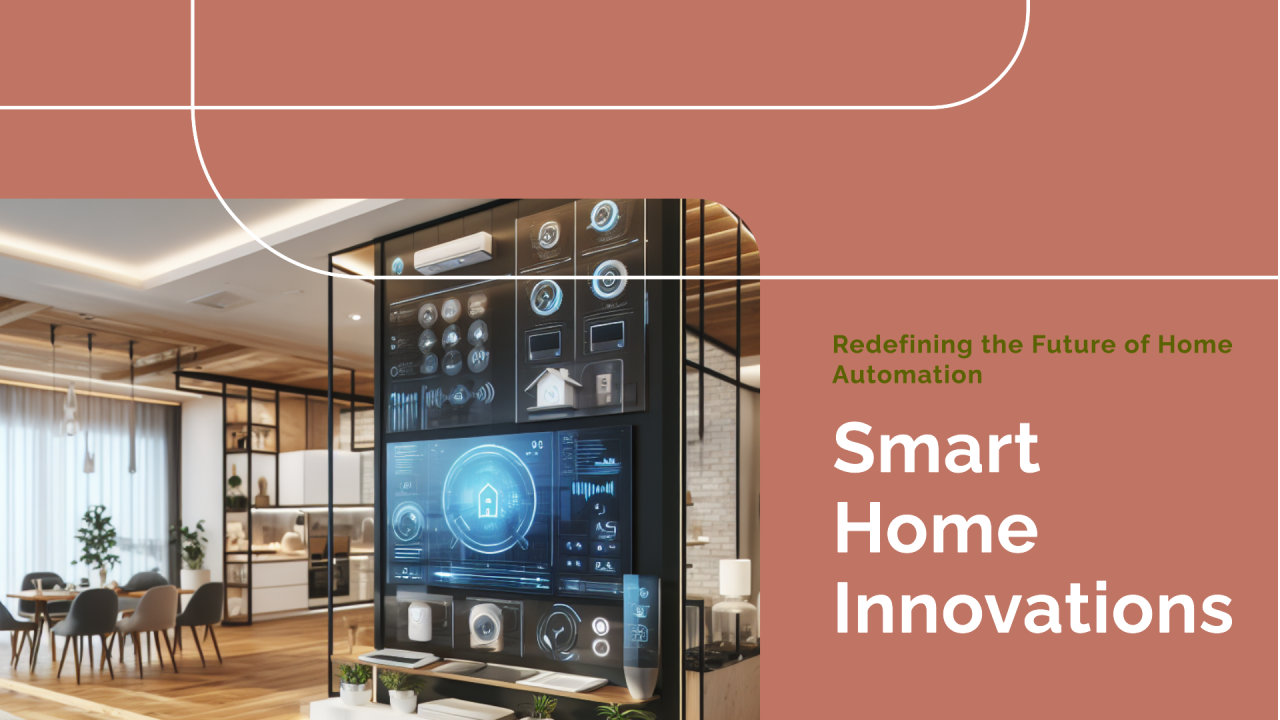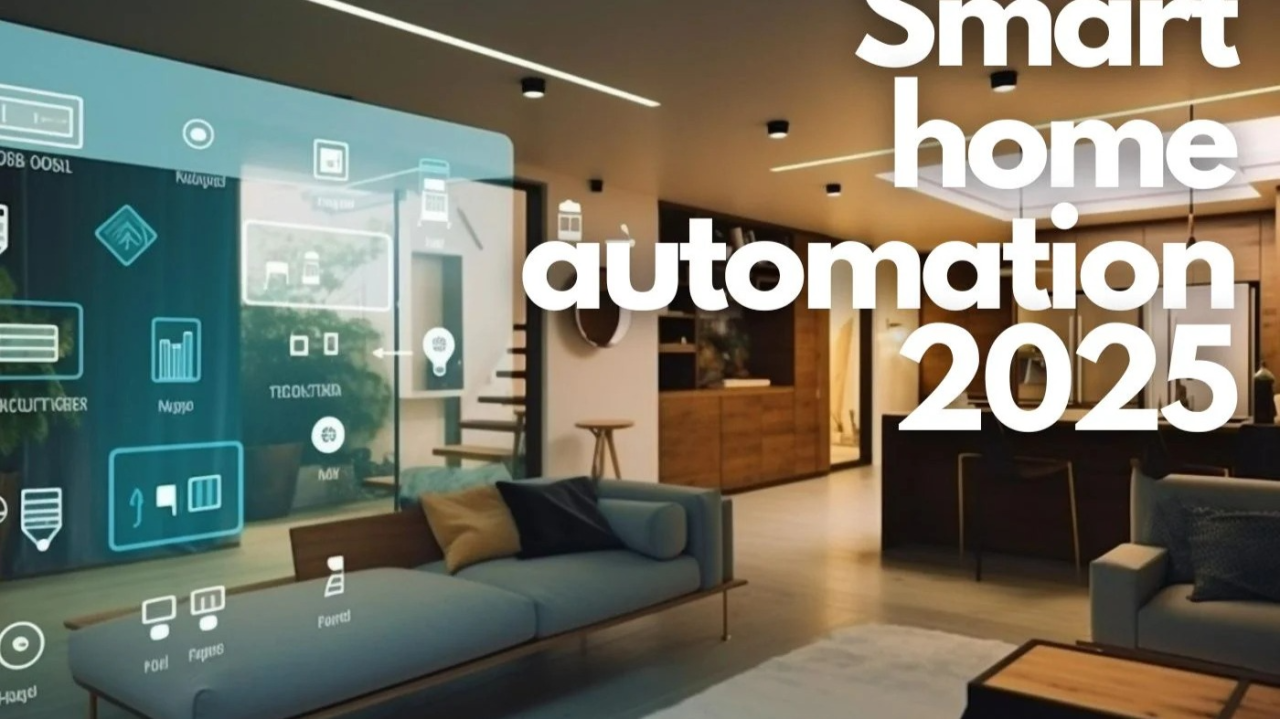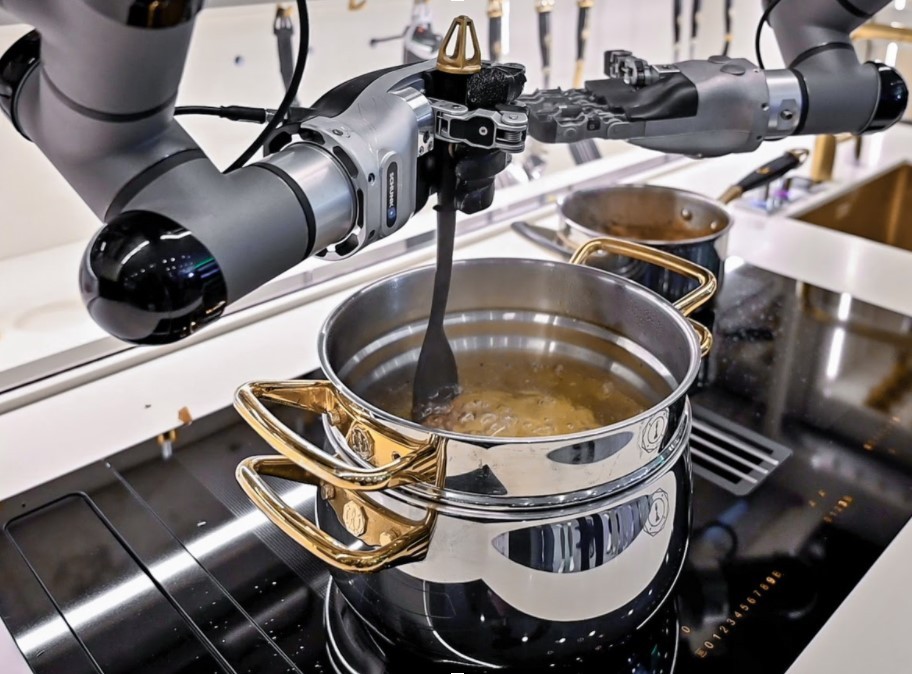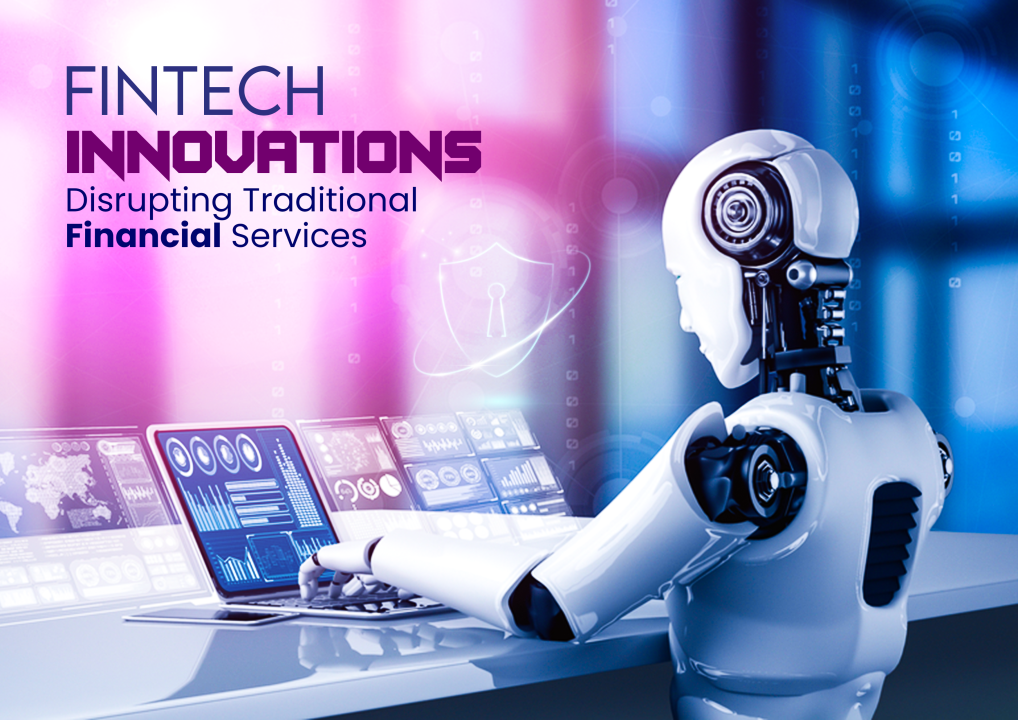Image from: www.linkedin.com
As we dive into 2025, the landscape of smart home technology is rapidly evolving, creating a revolution in how we experience our living spaces. With innovations at the forefront of home automation, the future promises increased convenience, security, and energy efficiency, all tailored to enrich our everyday lives.
1. Cutting-Edge Voice Assistants
Voice assistants such as Amazon Alexa, Google Assistant, and Apple’s Siri are reaching new heights in functionality. In 2025, these intelligent systems will seamlessly integrate with a wider array of devices, allowing homeowners to manage everything from lighting to security with simple voice commands, making day-to-day tasks more effortless than ever.
2. Next-Gen Smart Security Systems
The quest for home safety drives the innovation of smart security systems. Equipped with AI-driven cameras and smart locks, these solutions offer real-time alerts and monitoring. By enhancing security protocols, homeowners can enjoy peace of mind, knowing their homes are protected around the clock.
3. Smart Energy Management
Energy efficiency is more important than ever, and smart homes are stepping up with advanced energy management systems. These technologies analyze energy consumption patterns, providing homeowners with actionable insights that can help lower utility bills while promoting sustainable living practices.
4. Revolutionary Smart Appliances
In the kitchen, smart appliances are transforming the culinary experience. By 2025, devices such as smart refrigerators and ovens will not only connect to the internet but also allow remote monitoring and control. This level of automation simplifies cooking and meal prep, making it a breeze for busy households.
5. Unified Home Automation Hubs
As smart home ecosystems grow, centralized automation hubs will become essential. In 2025, these hubs will allow users to control all their devices from one interface, streamlining operations and enabling customized routines that fit individual lifestyles, from morning routines to evening security checks.
6. Comprehensive Health Monitoring
The rise of health technology within smart homes reflects a commitment to well-being. By 2025, devices like smart beds and health wearables will provide real-time health metrics, enabling homeowners to make informed decisions about their health and wellness routines.
7. Adaptive Smart Lighting
Smart lighting is evolving to meet user preferences and adapt to environmental changes. In 2025, homeowners can expect advanced lighting systems that automatically adjust brightness and color based on the time of day and activity, enhancing ambiance while promoting energy conservation.
8. Advanced Robotics for Home Care
Household chores are becoming easier with the integration of robotics in smart homes. By 2025, robotic devices such as vacuum cleaners and lawn mowers will be commonplace, taking over mundane tasks and giving homeowners more time to enjoy their living spaces.
9. Enhanced IoT Integration
The Internet of Things (IoT) is the backbone of modern smart homes. In 2025, expect seamless communication among various IoT devices, allowing for synchronized operations that optimize everything from climate control to security features, creating a cohesive and intelligent living experience.
10. Predictive Maintenance with AI
AI is set to revolutionize home maintenance through predictive analytics. By monitoring appliances and systems, smart homes will anticipate potential issues before they arise, allowing homeowners to address repairs proactively and avoid costly emergencies down the line.
As we embrace these transformative innovations, it’s evident that the future of smart homes is not just about technology—it’s about enhancing quality of life. By integrating these advancements into our daily routines, we can create living spaces that are more secure, efficient, and personalized than ever before. The smart home revolution is here, and it’s reshaping our lives for the better.








